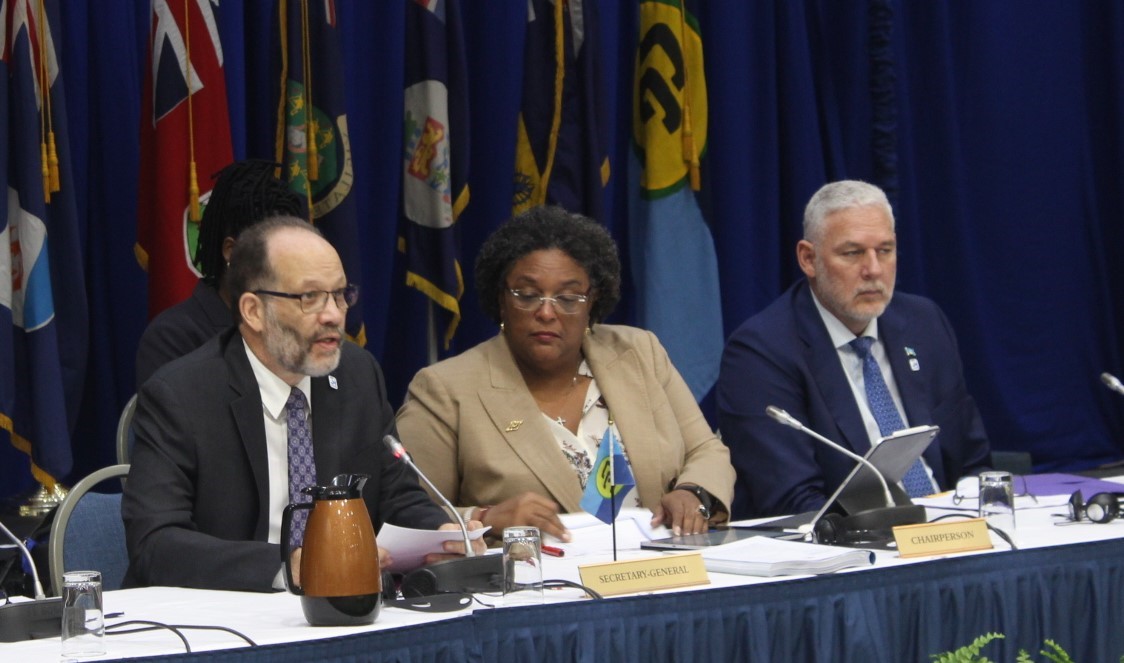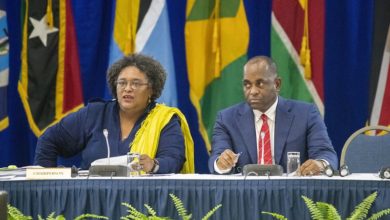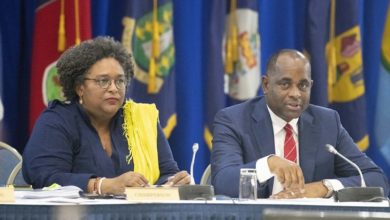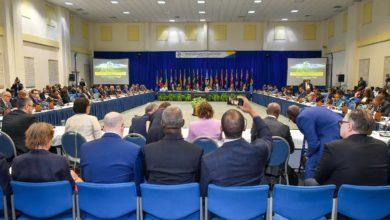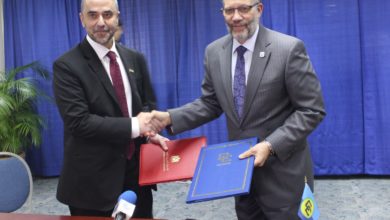The Caribbean Community (CARICOM) continues to intensify its advocacy against the blacklisting of its Member States by the European Union (EU). The EU has used its tax good governance standard to label some Caribbean countries as non-cooperative tax jurisdictions, despite the fact that the countries in question are not designated as non-compliant by the relevant regulatory authorities, such as the Financial Action Task Force and the OECD Global Forum.
Blacklisting influences strategies of international banks, and has resulted in reputational damage, the crippling effects of de-risking and ruptured correspondent banking relations that are crucial to the Caribbean.
To place the situation in context, CARICOM Member States fall into the category of Small Island Developing and Low-Lying States (SIDS). Many of them are middle-income countries which cannot access concessional development financing. But, according to the International Monetary Fund (IMF) the countries so categorized exhibit extreme versions of long-term low growth, high debt, significant vulnerabilities and limited resilience to shocks which set them apart from other middle-income states. Some have unsustainable debt levels.
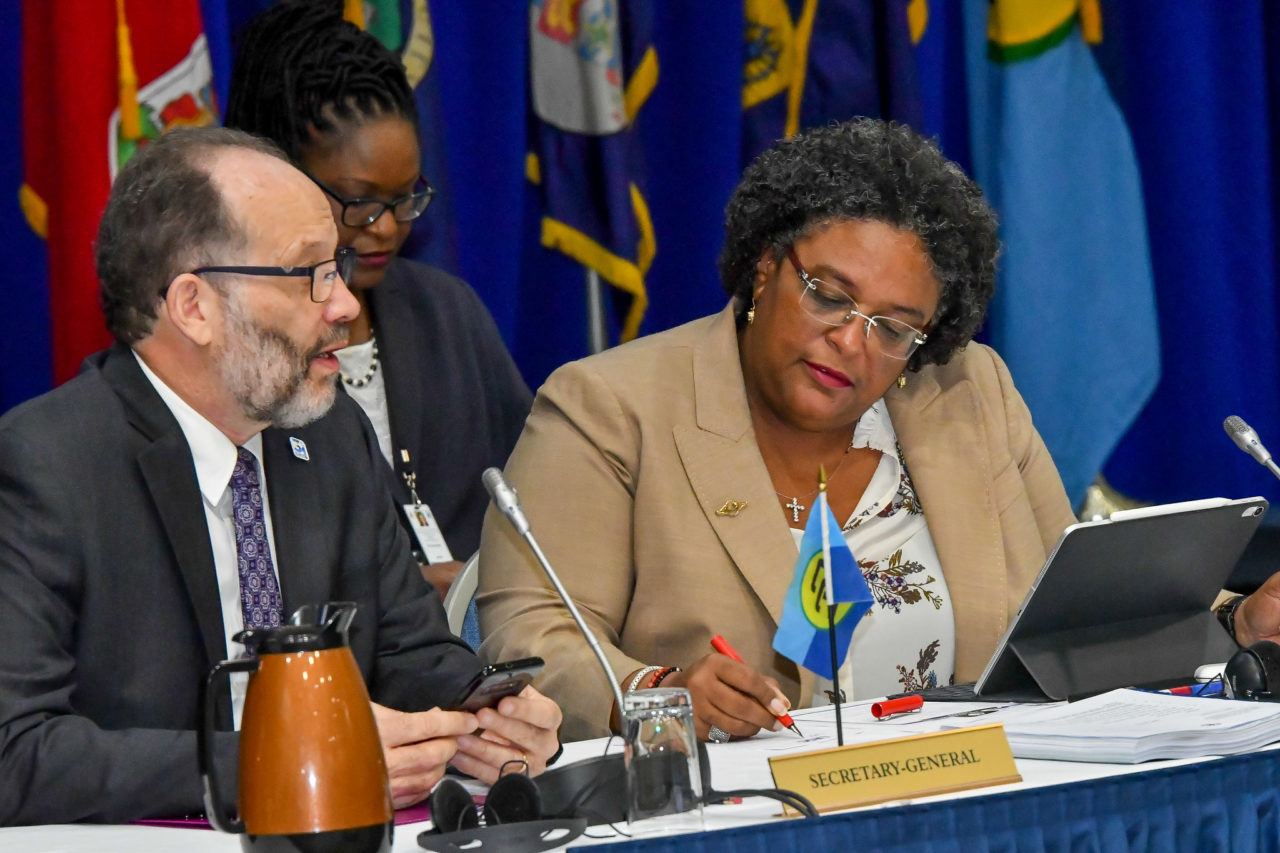
The move to blacklist Member States is also seen as an incursion on their sovereignty and right to determine the economic and financial pathways to development based on their peculiar circumstances.
Member States have also placed on record their frustration with the ‘shifting goal posts’. Even as Caribbean countries make adjustments to their tax regimes, the EU has signalled its intention to update the criteria from time to time.
Blacklisting is especially damaging to those Member States that also face existential challenges posed by climate change which has resulted in major natural disasters across the Region.
From Bucharest to Basseterre, Heads of Government, the CARICOM Secretary-General and other Community spokespersons have been bringing attention to the matter, seeking understanding and international advocacy of governments on the Community’s behalf.
As they gather in Bridgetown for their 31st Intersessional Meeting, 18-19 February 2020, Heads of Government will have these issues foremost in their minds as they seek to chart viable, sustainable economic growth paths individually, and as a Community.
The Intersessional Meeting comes just three months after the Hon Gaston Browne, Prime Minister of Antigua and Barbuda, led a team that included the Hon. Allen Chastanet, Prime Minister of Saint Lucia to meet representatives of the United States Congressional Financial Services Committee – chaired by the Hon Representative Maxine Waters – and the US Banking Sector at a Round Table interaction in Washington DC. Prime Minister Browne chairs the Committee of Ministers of Finance on De-risking and Blacklisting.
The “mutuality of interest” of the Caribbean and the US was acknowledged during the Round Table. Prime Minister Browne argued that the process of de-risking which has led to a withdrawal of relations by some US banks from Caribbean banks, posed a serious threat to the Region’s welfare, including its capacity to import goods from the US. There was acknowledgement also that the impact of withdrawal of correspondent banking relations was felt not only in financial terms, but in the critical role it plays in global trade, investment and other financial services.
Proposals from those talks are expected to be discussed among the menu of measures to be agreed on to resist and remedy the situation.

